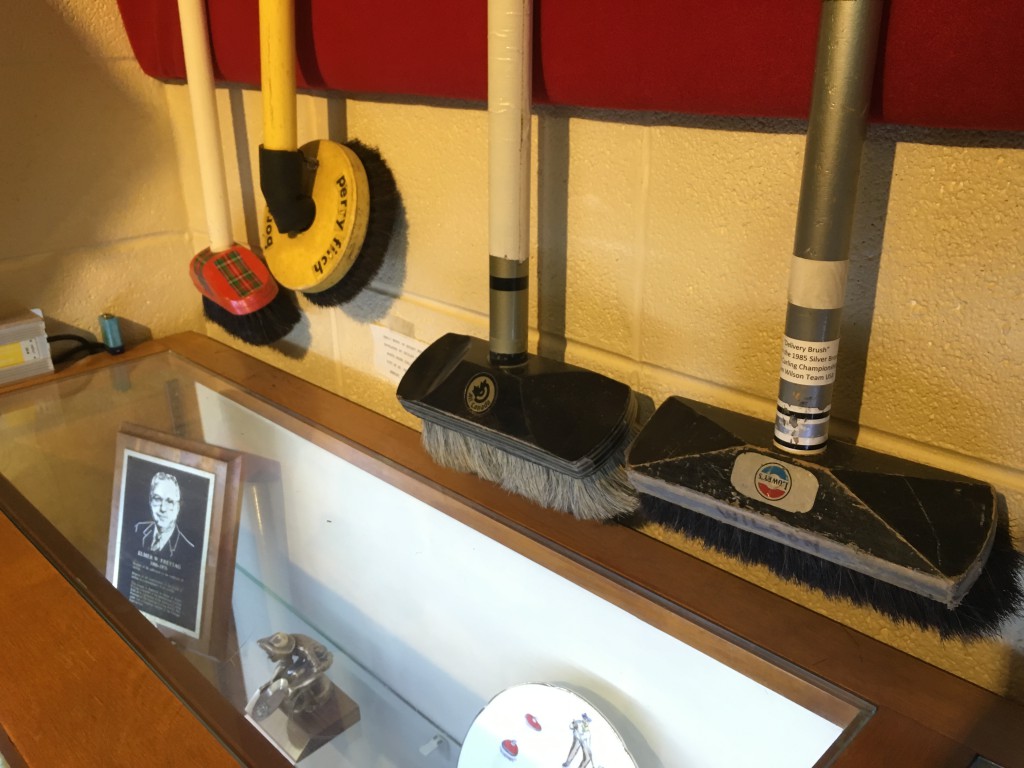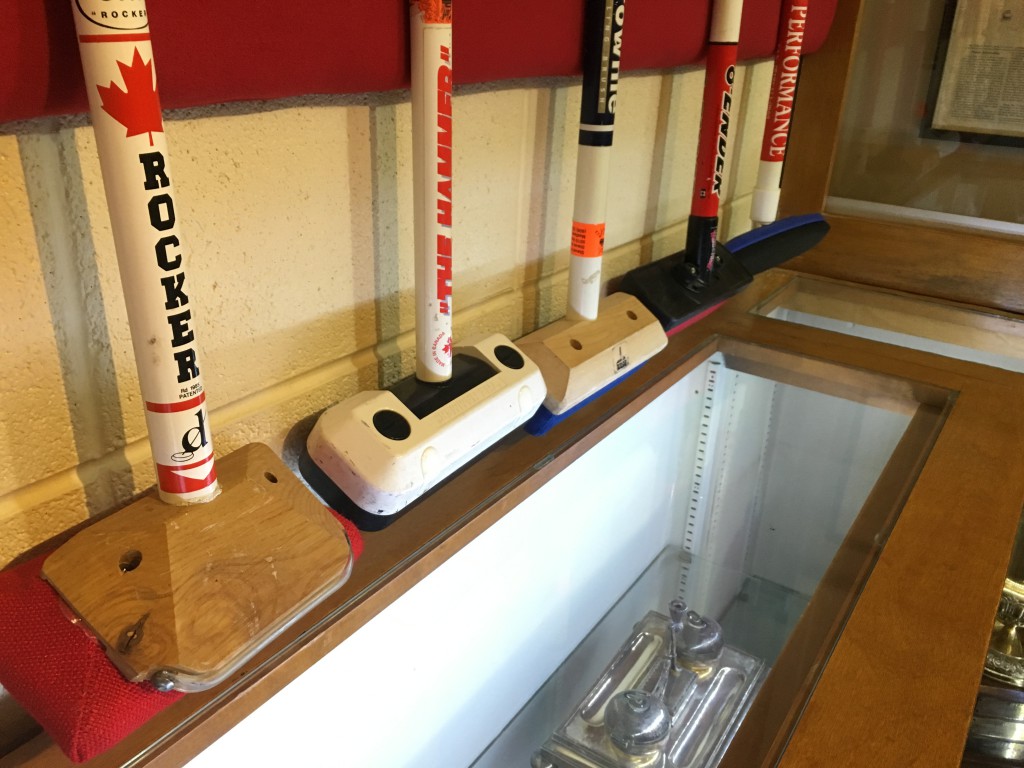Last week, a DeKalb County, Georgia resident, Aaron Hodge, filed two proposed class action lawsuits in federal court in Atlanta against daily fantasy sports (DFS) websites FanDuel and DraftKings in an attempt to recover money he lost playing games on both sites, which, he alleges, amount to little more than “illegal gambling.”
As DFS gained popularity and attention this summer and fall, in large part due to broad advertising campaigns by both FanDuel and DraftKings, users may have noticed that residents of a small number of states– including Washington, Louisiana, Arizona, and Iowa– were not allowed to play games for cash prizes.
While these early restrictions did little to slow the momentum of DFS and its two largest sites, the industry recently has come under more substantial public scrutiny following New York Attorney General Eric T. Schneiderman’s initiation of an investigation of and request for an injunction against FanDuel, DraftKings, and Yahoo!, which also hosts DFS games.
Last week’s suits by Hodge are believed to be the first legal challenges to FanDuel and DraftKings brought by a private citizen. (Hodge’s attorneys have since filed a similar lawsuit in Alabama.) Hodge’s complaints (available here and here) are basically identical. The essence of his allegations is that the DFS games offered by FanDuel and DraftKings constitute unlawful gambling under Georgia law and he therefore is entitled to restitution for his losses at both sites. Hodge does not reveal how much money he lost playing DFS, but he does allege that the aggregated losses of the proposed classes — comprised of “All persons in the State of Georgia who participated in Defendant’s DFS, deposited money in a [FanDuel/DraftKings] account, and lost money in any game or contest” — exceed $5 million in each case.
Hodge’s complaints allege only state law claims, and the legal centerpiece of these cases is O.C.G.A. § 13-8-3, Georgia’s gambling contracts statute. That law provides that all “[g]ambling contracts are void” and that a loser may recover his or her losses from a winner under a gambling contract:
(a) Gambling contracts are void; and all evidences of debt, except negotiable instruments in the hands of holders in due course or encumbrances or liens on property, executed upon a gambling consideration, are void in the hands of any person.
(b) Money paid or property delivered upon a gambling consideration may be recovered from the winner by the loser by institution of an action for the same within six months after the loss and, after the expiration of that time, by institution of an action by any person, at any time within four years, for the joint use of himself and the educational fund of the county.
Hodge argues that DFS contests on FanDuel and DraftKings are not skill games but rather games of chance; that these sites therefore are doing little more than taking bets on sporting events; and therefore he and the sites are parties to gambling contracts for which the user entry fees constitute the gambling consideration that Hodge is entitled to recover under O.C.G.A. § 13-8-3(b).
Among his other claims, Hodge also contends that the sites violate Georgia criminal laws pertaining to commercial gambling and the advertising thereof, and he argues that the sites’ claims that their DFS contests were lawful games fraudulently induced him to participate.
An interesting allegation Hodge sprinkles throughout his complaints is that both FanDuel and DraftKings “failed to disclose the use of ‘bots’ or fake accounts designed to operate as ‘shills'”:
Upon information and belief, [FanDuel/DraftKings] uses “bots” or fake accounts to act as “shills” in the gambling scheme in order that certain winnings go to the “house” ([FanDuel/DraftKings]), and also creating the illusion to the [FanDuel/DraftKings] user of interacting with a gambler on equal footing. The employment of “shills” (or “bots”/fake accounts) employs a similar concept to those “shills” that are permitted by law in states with casinos such as Nevada, but Georgia does not permit any gambling, never mind the use of “shills” in the form of “bots” or otherwise fake accounts. And regardless, in states where such devices are employed, there is no illusion, nor effort to create the illusion, that the “house” is not winning the losing bets (in the form of monies that are attributed to “shills”) and in the case of [FanDuel/DraftKings], there is no disclosure of the use of “shills” nor any legal basis for doing so in Georgia.
One of the first procedural hurdles Hodge will need to clear to proceed with his proposed class actions in federal court are the sites’ terms of use. He wants to avoid the applicability and enforcement of these terms of use because they contain arbitration, jurisdiction, and venue provisions that would neutralize his ability to maintain these class action lawsuits against FanDuel (terms of use) and DraftKings (terms of use) in court. On one hand, Hodge is arguing that a contract — albeit a gambling contract that’s void under Georgia law — existed between him and each DFS site. On the other hand, though, he argues that the sites’ terms of use are not part of any contract or binding agreement between him and each site.
If Hodge is able to keep these lawsuits in the U.S. District Court for the Northern District of Georgia, where he has filed them, his further success will depend upon his ability to convince the court that the DFS contests FanDuel and DraftKings host really are gambling, not skill games. On this point, in addition to the well-publicized New York AG investigation and Nevada’s determination that DFS constitutes gambling, he may find some in-state assistance as well. Georgia Attorney General Sam Olens now has opened his own investigation into the legality of DFS, and the court in Hodge’s cases could find Olens’ conclusions on the matter persuasive.
Another issue possibly lurking in these cases is preemption, a legal concept based on the supremacy of federal law over state law. In general terms, preemption means that if a federal law and a state law conflict, the federal law controls. On the question of whether their sites’ contests constitute gambling, FanDuel and DraftKings may argue that their contests are permissible under the Unlawful Internet Gambling Enforcement Act (UIGEA), a federal law that prohibits certain activities and transactions connected with betting and wagering. Part of that Act provides that “[t]he term ‘bet or wager’ . . . does not include . . . participation in any fantasy or simulation sports game . . . in which (if the game or contest involves a team or teams) no fantasy or simulation sports team is based on the current membership of an actual team that is a member of an amateur or professional sports organization . . . and that meets the following conditions:
(I) All prizes and awards offered to winning participants are established and made known to the participants in advance of the game or contest and their value is not determined by the number of participants or the amount of any fees paid by those participants.
(II) All winning outcomes reflect the relative knowledge and skill of the participants and are determined predominantly by accumulated statistical results of the performance of individuals (athletes in the case of sports events) in multiple real-world sporting or other events.
(III) No winning outcome is based—
(aa) on the score, point-spread, or any performance or performances of any single real-world team or any combination of such teams; or
(bb) solely on any single performance of an individual athlete in any single real-world sporting or other event.”
If FanDuel and DraftKings fit within this exception to the Act, because, for example, their contests involve forming “fantasy” teams of selected individual players, as opposed to simply picking an existing team, like the Detroit Lions, to win, the sites may contend that the federal UIGEA preempts the conflicting state laws Hodge argues make their contests illegal and entitle him to recoup his losses. (For what it’s worth, the congressman who drafted the UIGEA, Jim Leach, doesn’t buy any part of this argument. According to the Associated Press, Leach’s view is that “the carve out for Fantasy sports in the [UIGEA] does not provide them with immunity against other federal and state laws that could limit their activities. . . . ‘Quite precisely, UIGEA does not exempt fantasy sports companies from any other obligation to any other law.'”)
Meanwhile, as legal scrutiny over DFS heats up in the United States, FanDuel and DraftKings are hoping to find friendlier regulatory environs abroad. Some wonder whether their expansion into the United Kingdom may come back to haunt them stateside, however. Calling themselves “gambling software” companies, both sites have applied to U.K. regulators for gambling licenses. DraftKings received a gambling license in August, while FanDuel, which applied this month, still is waiting on a decision. DraftKings’ Chief Internal Officer says he doesn’t see a contradiction between the site’s representations in the U.S. and U.K., but American officials, including the judge or judges handling Hodge’s lawsuits, may see things differently.


